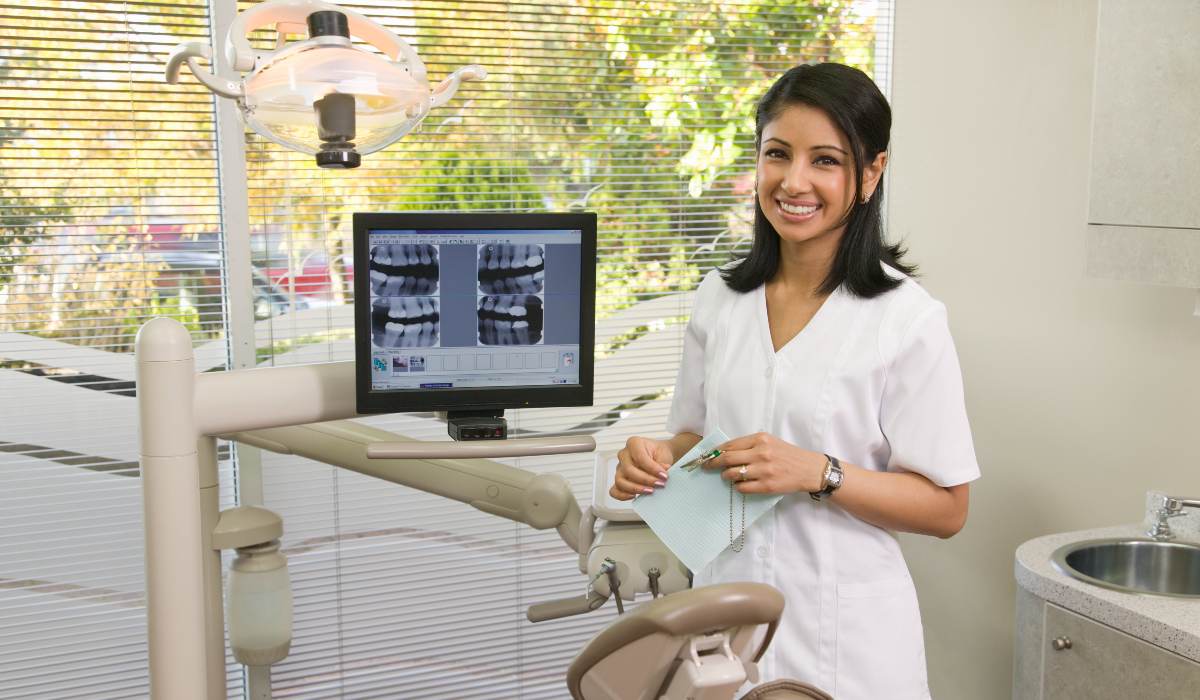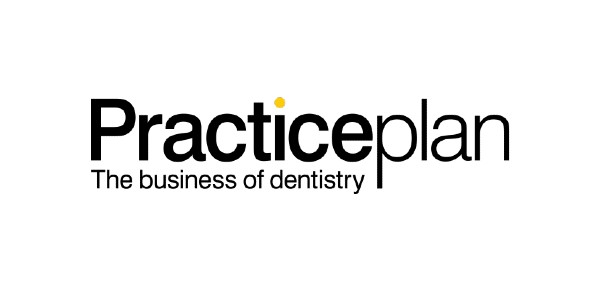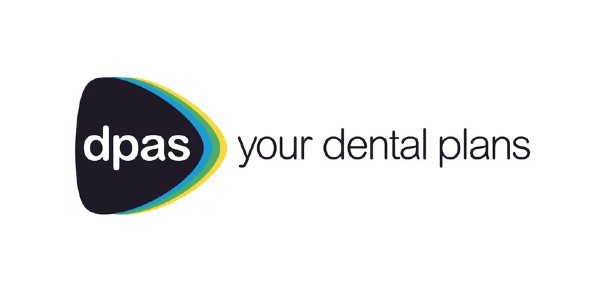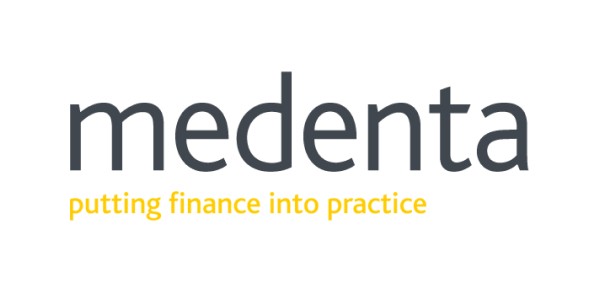
Whether you’re an NHS dentist or you’ve moved into private practice, transitioning from healthcare provider to business owner can be challenging. This is where Wesleyan Financial Services can help.
Brighter, straighter business advice
From managing daily operations to negotiating contracts, having a robust financial strategy in place is key to running a successful business.
At Wesleyan Financial Services, our Specialist Financial Advisers are on hand to help you navigate the complexities of practice ownership, offering financial expertise tailored to the dental profession.
And if you’re a dentist operating a limited company for your private work, we can help you make the most of your limited company status too.
What our customers say…
94% of customers agree their Specialist Financial Adviser demonstrates knowledge of their profession
97% of dentists rate their Specialist Financial Adviser as very good or excellent
94% of customers agree that Wesleyan Financial Services makes them feel valued as a customer
Drilling down on our advice…
Buying a practice
Buying a dental practice can be a complex process. But with the right support and a clear understanding of what’s involved, there’s no reason why it can’t be a smooth sale.
From the transfer of the NHS contract to exchange and completion, seeking professional advice from a specialist with experience of dental practice acquisitions can take a lot of stress out of the buying process.
At Wesleyan Financial Services, our Specialist Financial Advisers here to guide you through the legal and financial aspects of the purchase, ensuring compliance and protecting your interests.
Business agreements
Having the right business agreement in place is crucial to the running of any successful dental practice, affecting many aspects of your finances.
Our team of Specialist Financial Advisers are on hand to offer guidance on a number of financial matters impacted by business agreements – from cash flow management to estate and legacy planning.
They’ll also be able to ensure you have the right level of protection in place to ensure business continuity – from dental practice insurance to locum cover.
Limited company status
If you operate as a limited company, do you understand the potential benefits of your limited company status? Are you making the most of them?
At Wesleyan Financial Services, we understand that your personal finances are inextricably linked to your business. For example, paying yourself a pension through your company can be a highly tax-efficient way to save – but there are things to consider.
From working out your headroom to how your NHS pension contributions might be impacted, our Specialist Financial Advisers are here to help you understand the whole picture.
Tax treatment depends on your individual circumstances and may be subject to change in future.
Exit strategies
Did you know that preparation for an exit strategy should ideally begin five to ten years before selling your practice?
With this in mind, it’s important to have a plan in place that addresses both the commercial aspect of selling your business and any personal aspirations you wish to pursue when you retire.
This is where our Specialist Financial Advisers can help, working with you to formulate an exit strategy that takes into account your short, medium and long-term goals.
They’ll also work with other professionals, such as dental solicitors and accountants, to help maximise the profitability of your practice and present it in the best light to potential buyers.
Buying a dental practice can be a complex process. But with the right support and a clear understanding of what’s involved, there’s no reason why it can’t be a smooth sale.
From the transfer of the NHS contract to exchange and completion, seeking professional advice from a specialist with experience of dental practice acquisitions can take a lot of stress out of the buying process.
At Wesleyan Financial Services, our Specialist Financial Advisers here to guide you through the legal and financial aspects of the purchase, ensuring compliance and protecting your interests.
Having the right business agreement in place is crucial to the running of any successful dental practice, affecting many aspects of your finances.
Our team of Specialist Financial Advisers are on hand to offer guidance on a number of financial matters impacted by business agreements – from cash flow management to estate and legacy planning.
They’ll also be able to ensure you have the right level of protection in place to ensure business continuity – from dental practice insurance to locum cover.
If you operate as a limited company, do you understand the potential benefits of your limited company status? Are you making the most of them?
At Wesleyan Financial Services, we understand that your personal finances are inextricably linked to your business. For example, paying yourself a pension through your company can be a highly tax-efficient way to save – but there are things to consider.
From working out your headroom to how your NHS pension contributions might be impacted, our Specialist Financial Advisers are here to help you understand the whole picture.
Tax treatment depends on your individual circumstances and may be subject to change in future.
Did you know that preparation for an exit strategy should ideally begin five to ten years before selling your practice?
With this in mind, it’s important to have a plan in place that addresses both the commercial aspect of selling your business and any personal aspirations you wish to pursue when you retire.
This is where our Specialist Financial Advisers can help, working with you to formulate an exit strategy that takes into account your short, medium and long-term goals.
They’ll also work with other professionals, such as dental solicitors and accountants, to help maximise the profitability of your practice and present it in the best light to potential buyers.
Funding solutions for dentists
Thinking of buying your first practice? Or perhaps you’re looking to refurbish your existing premises? Whatever your goals, it’s important to find a finance provider that can help you meet them. We can help you with that, too.

Business funding for dentists
Whether you’re an aspiring dental entrepreneur or already established in business, the right finance partner can be key to growing your practice.
From covering costly refurbishment plans to investing in the latest dental equipment, we can help you find the right funding solutions for your needs.

Commercial mortgages
Buying your first dental practice can be daunting, but it doesn’t have to be.
With the right finance provider by your side, securing a mortgage for your business premises might be easier than you think.
Offering commercial loans tailored to dental professionals, we can help take the stress out of your mortgage search.
Please note that the FCA does not regulate commercial mortgages. Your mortgage is secured on your property. Your property may be repossessed if you do not keep up your repayments.
Commercial investments
Do you have surplus cash sitting in your business bank account?
Commercial investments aim to make your money work harder, to combat inflation. And while we all know that investment comes with risk, deciding not to invest your money could be a risk in itself.

Keep in mind that the value of your investments can go down as well as up, and you may get back less than you put in.
Wesleyan Financial Services partners with…
Practice Plan, DPAS and Medenta are introducer appointed representatives of Wesleyan Financial Services Limited.


